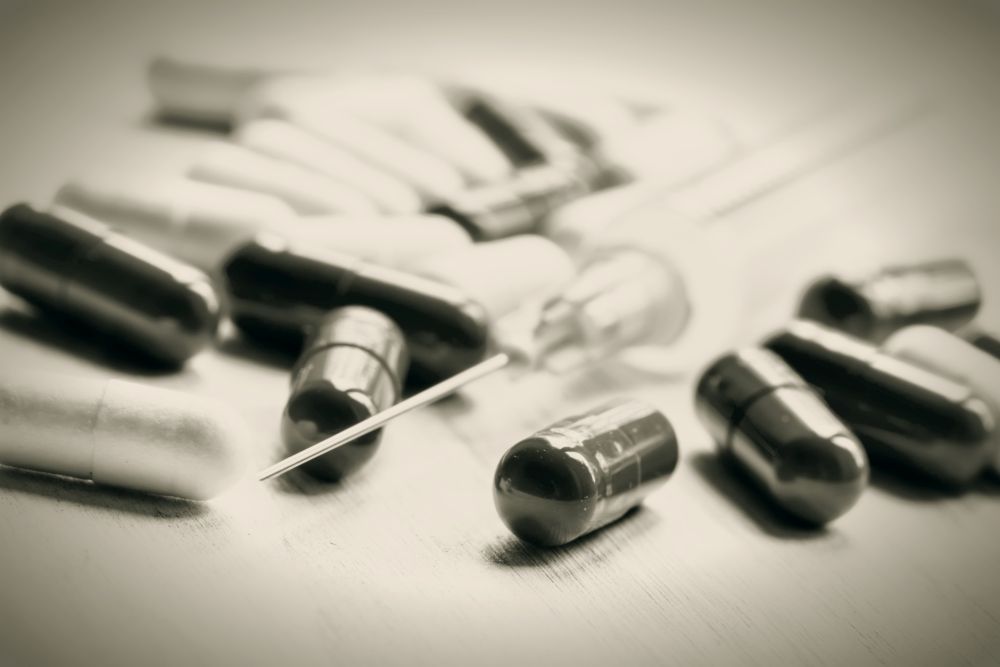130 riders suddenly quit the an amateur race in Spain and many are asking questions. According to Ciclo21, a Spanish cycling website, after the Interclub Vinalopó in Valencia, Spain many cyclists came forth anonymously. While avoiding specific names, they suggesed that such incidents are widespread and negatively impact the regional amateur cycling community and potentially extend beyond it. The race took place in Alicante on March 2. A total of 182 participants spanning junior to master categories began the race, but a mere 52 ended up crossing the finish line. The substantial increase in attrition rates compared to previous races raised eyebrows. Some found it challenging to attribute solely to misfortune or typical racing conditions.
“This is a fucking joke”
Álvaro Marzà, a prominent participant in the regional race series, publicly expressed his skepticism by posting a pointed message on social media.
“Anti-doping testing in Villena? All these punctures and abandons. It’s not a mathematical equation, it’s pure reality,” he posted. “Let’s see if they do anything about it, as this is a fucking joke. For sure, I was tested! The third who was. If they give me the results I’ll publish them.”
When the drug testers arrived, 130 cyclists suddenly quit
As per the bombshell report, the claim is that the issue is widespread, highlighting that the mere mention or speculation of anti-doping tests during these races typically triggers a significant number of withdrawals or riders choosing not to start. The report features statements from unnamed individuals who shed light on the extent of this problem.
Not the first time this has happened
“Everyone knows who’s at it and who’s not. Whenever there are drug tests, suddenly the same people as always do not finish the races in order to avoid the test,” one source said. “Of course, without proof we cannot make accusations, but it’s all very obvious to us.”
Other examples of doping at amateur races
This is hardly the first time that European amateur or gran fondo races have seen the possibility of recreational athletes taking PEDs. In late February, shortly after the start of the Gran Fondo Laigueglia, the NAS (Carabinieri for Health Protection) arrived to carry out specific anti-doping examinations. Under the guidance of a marshal, the NAS requested the participant list for the gran fondo from the event organizers….
Click Here to Read the Full Original Article at Canadian Cycling Magazine…

